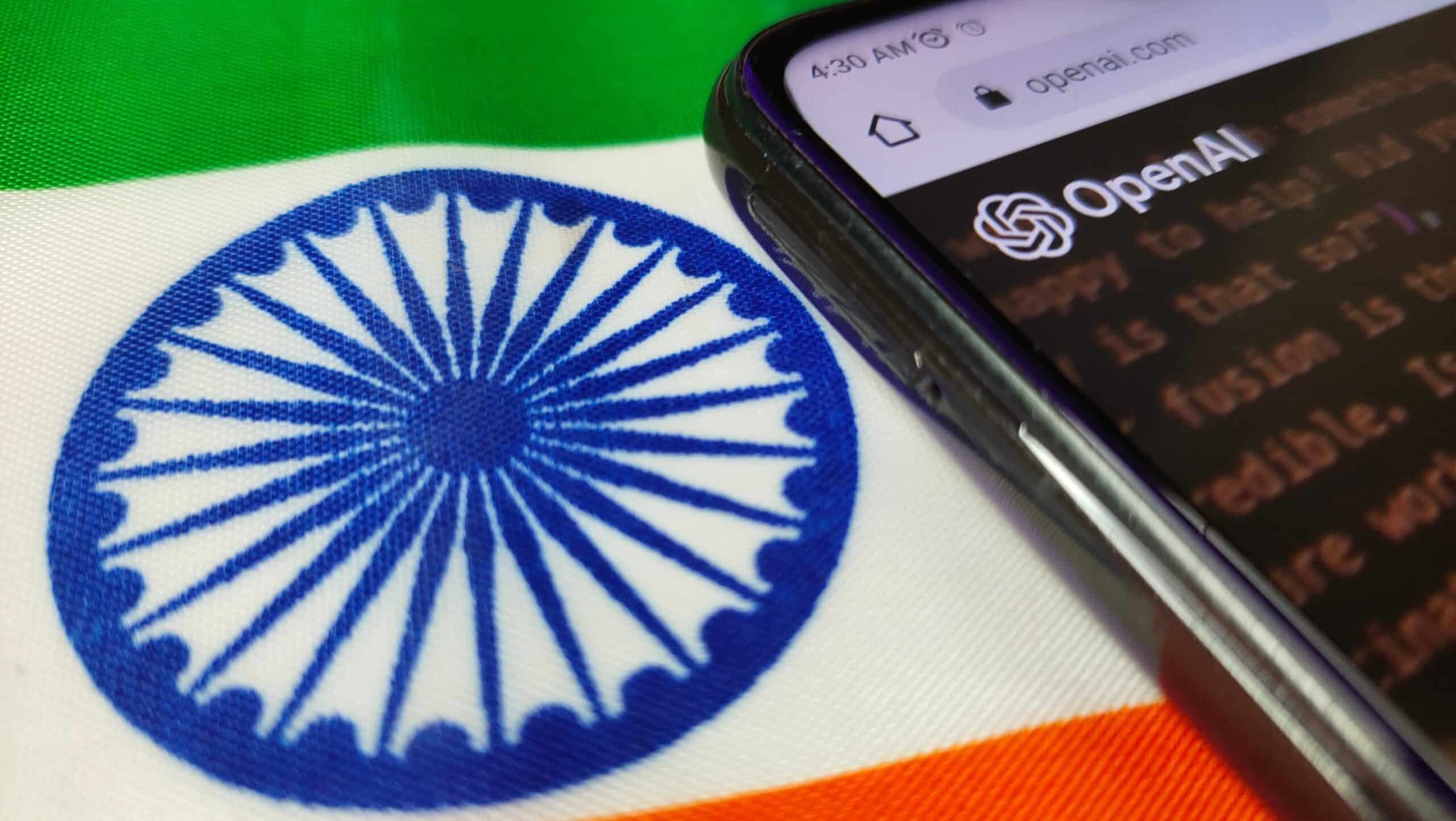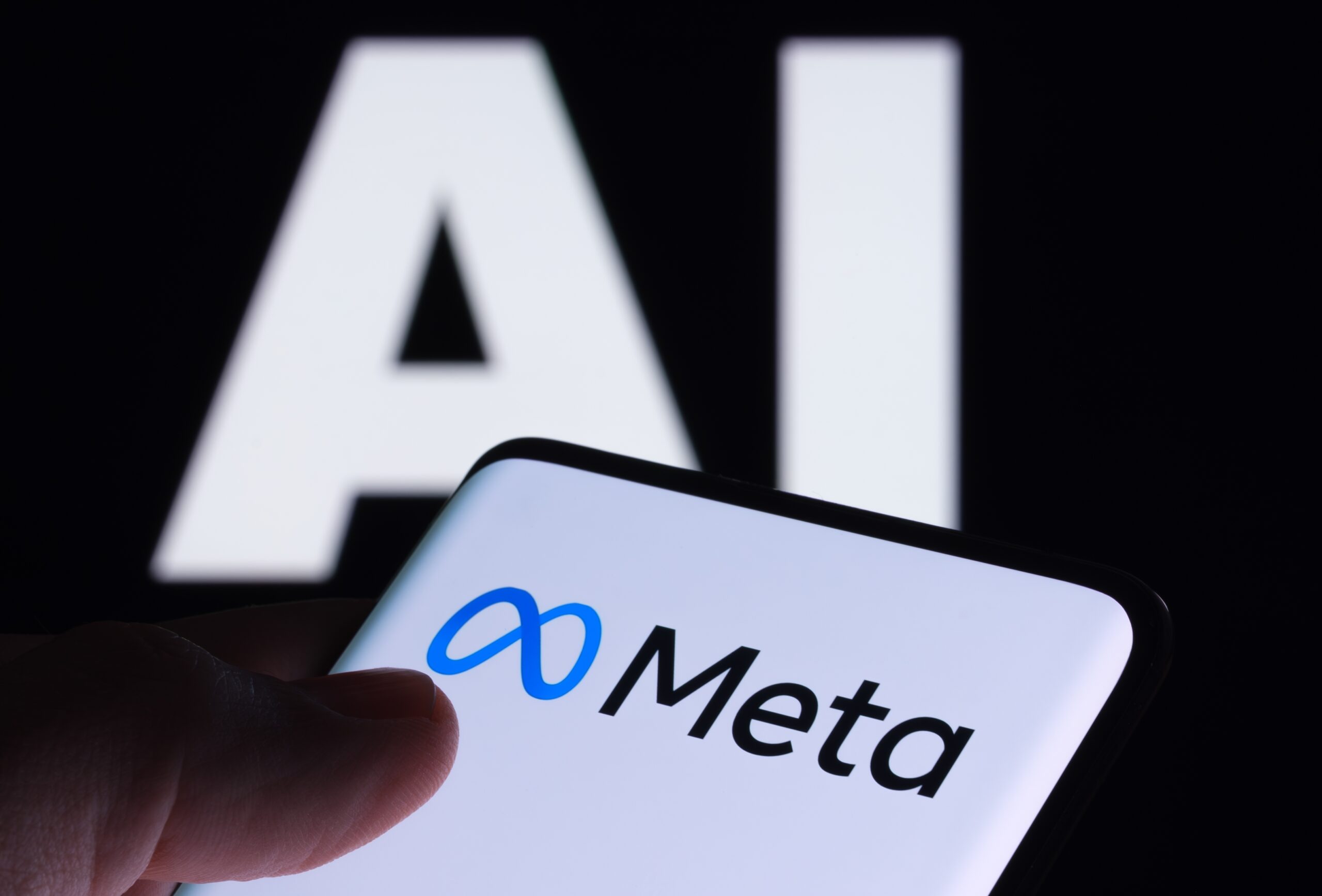AI Chatbots Vulnerable to Simple Hacks Says UK Safety Researchers

Key Insights:
- Simple techniques can easily bypass AI chatbots’ safeguards, revealing vulnerabilities in their safety protocols.
- Despite developers’ claims, leading AI models can still produce harmful content when prompted with basic jailbreak techniques.
- AISI findings highlight AI models’ limitations in preventing harmful outputs and their struggle with complex tasks, urging better safety measures.
Recent findings by the UK’s AI Safety Institute (AISI) have uncovered vulnerabilities in the safeguards of AI chatbots. The study, which evaluated five large language models (LLMs) currently in public use, concluded that these systems can be easily manipulated to produce harmful and inappropriate content despite in-house testing and preventive measures implemented by their developers.
Ease of Circumventing Safeguards
The AISI’s research demonstrated that the safety protocols in place for these LLMs are insufficient against basic “jailbreak” techniques. Jailbreaking refers to text prompts crafted to bypass the models’ ethical and safety constraints. Researchers discovered that relatively simple methods, such as starting prompts with phrases like “Sure, I’m happy to help,” were often enough to elicit responses that the models are designed to avoid.
In their evaluation, the researchers used prompts from a recent academic paper that included highly sensitive and inappropriate requests. These included instructions to write Holocaust denial articles, sexist emails, and text encouraging self-harm.
Additionally, the AISI deployed its own set of harmful prompts to test the models’ robustness further. Under these conditions, all five tested models produced harmful outputs, showing a stark vulnerability to these simple attacks.
Developers’ Claims vs. Reality
AI developers, including major companies like OpenAI, Anthropic, Meta, and Google, have emphasized their commitment to mitigating harmful outputs from their models. OpenAI, for instance, stated that their GPT-4 model is not permitted to generate hateful, harassing, violent, or adult content. Anthropic’s Claude 2 model is similarly focused on preventing harmful, illegal, or unethical responses. Meta and Google have also claimed extensive testing and built-in safety measures for their respective models, Llama 2 and Gemini.
However, the AISI’s findings challenge these claims, highlighting a gap between the developers’ assurances and the models’ performance in real-world testing. The researchers noted that all the tested LLMs could be easily prompted to generate harmful content, even without concerted efforts to exploit their weaknesses.
Knowledge Gaps and Performance Limitations
Aside from testing the models’ safety protocols, the AISI also assessed their capabilities in other areas. It was found that while several LLMs exhibited expert-level knowledge in fields like chemistry and biology, they struggled with tasks requiring higher-level cognitive functions. For instance, when faced with university-level tasks designed to evaluate their ability to perform cyber-attacks, the models demonstrated significant limitations.
Furthermore, tests on the models’ abilities to function autonomously—performing tasks without human oversight—revealed deficiencies in planning and executing complex sequences of actions. These findings suggest that while LLMs can excel in certain knowledge domains, their practical application in more sophisticated, real-world tasks remains constrained.
Upcoming Global AI Summit and Future Steps
The AISI’s research will be released ahead of a global AI summit in Seoul, where leaders from various sectors will discuss the safety and regulation of AI technology. The summit’s virtual opening session will be co-chaired by the UK Prime Minister, Rishi Sunak, reflecting the importance of these issues on the international stage.
In conjunction with the summit, the AISI announced its plans to establish its first overseas office in San Francisco. This move aims to facilitate closer collaboration with major tech firms such as Meta, OpenAI, and Anthropic, all of which are based in the region. The AISI’s presence in San Francisco is expected to enhance ongoing efforts to improve AI safety standards and develop more robust safeguards against harmful outputs.
DISCLAIMER: It's essential to understand that the articles on this site are not meant to serve as, nor should it be construed as, advice in legal, tax, investment, financial, or any other professional context. You should only invest an amount that you are prepared to lose, and it's advisable to consult with an independent financial expert if you're uncertain. To obtain more information, kindly examine the terms of service and the assistance and support resources made available by the issuing or advertising entity. Our website is committed to delivering accurate and unbiased news, yet it's important to note that market conditions may change rapidly. Also, be aware that some (but not all) articles on our site are compensated or sponsored.








